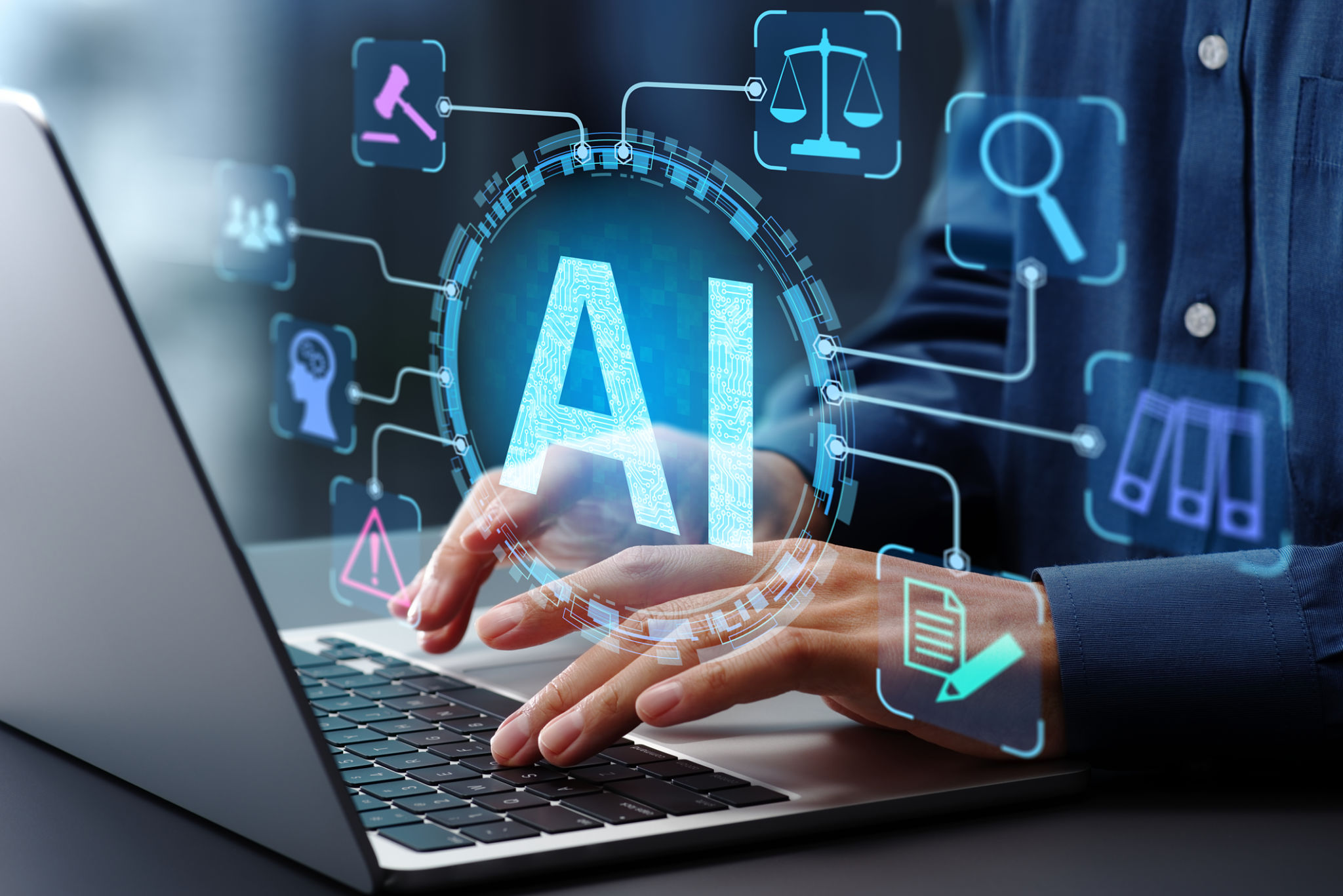How AI Administration Tools Transform Non-Profit Operations
Revolutionizing Non-Profit Efficiency with AI Administration Tools
In an era where technological advancements are reshaping various sectors, non-profit organizations are not left behind. The integration of AI administration tools is significantly transforming how these organizations operate, enabling them to focus more on their core missions and less on administrative tasks. By automating routine processes, AI tools help non-profits streamline operations and reduce overhead costs.

Enhancing Data Management and Analysis
One of the most profound impacts of AI in non-profit administration is in data management and analysis. Non-profits often handle large volumes of data, from donor information to program outcomes. AI tools can efficiently organize and analyze this data, providing insights that drive strategic decision-making. By leveraging machine learning algorithms, non-profits can predict donor behavior, optimize fundraising strategies, and measure program impact more effectively.
Furthermore, AI can automate data entry and management tasks, reducing the likelihood of human error and freeing up staff to focus on mission-critical activities. This level of automation not only enhances accuracy but also improves the overall efficiency of non-profit operations.
Optimizing Fundraising Efforts
Fundraising is a critical component of any non-profit's sustainability, and AI tools are proving to be game changers in this area. By analyzing donor data, AI can help organizations identify potential donors and tailor communication strategies to individual preferences. This personalized approach increases engagement and boosts donation rates.

Moreover, AI-driven chatbots can handle basic inquiries from donors, providing instant responses and freeing up staff time for more complex interactions. These tools ensure that donor relationships are nurtured effectively, contributing to long-term support for the organization's initiatives.
Streamlining Volunteer Management
Volunteers are the backbone of many non-profits, and managing them efficiently is crucial. AI tools can simplify volunteer management by automating scheduling, tracking hours, and matching volunteers with tasks that suit their skills and availability. This ensures that both the organization’s needs and the volunteers' preferences are met.
By using AI to match volunteers with suitable roles, non-profits can enhance volunteer satisfaction and retention. Additionally, these tools can provide valuable insights into volunteer engagement and performance, helping organizations make informed decisions about resource allocation.

Improving Communication and Outreach
Effective communication is vital for non-profit success. AI-powered tools can enhance communication strategies by automating email campaigns, social media posts, and other outreach efforts. These tools ensure messages are sent at optimal times and to the right audiences, increasing the likelihood of engagement.
Furthermore, AI can analyze communication patterns to identify what resonates with supporters, allowing organizations to refine their messaging for maximum impact. This level of insight helps non-profits build stronger connections with their communities and advocates.
The Future of Non-Profit Operations
As AI technology continues to evolve, its applications in the non-profit sector will only expand. Non-profits that embrace these tools stand to benefit from increased efficiency, improved data-driven decision-making, and enhanced stakeholder engagement. The potential for AI to transform non-profit operations is immense, offering new possibilities for achieving social impact at scale.
In conclusion, AI administration tools are revolutionizing the way non-profits operate by automating routine tasks, enhancing data management, optimizing fundraising efforts, streamlining volunteer management, and improving communication strategies. By adopting these technologies, non-profits can focus more on their missions and less on administrative burdens.
